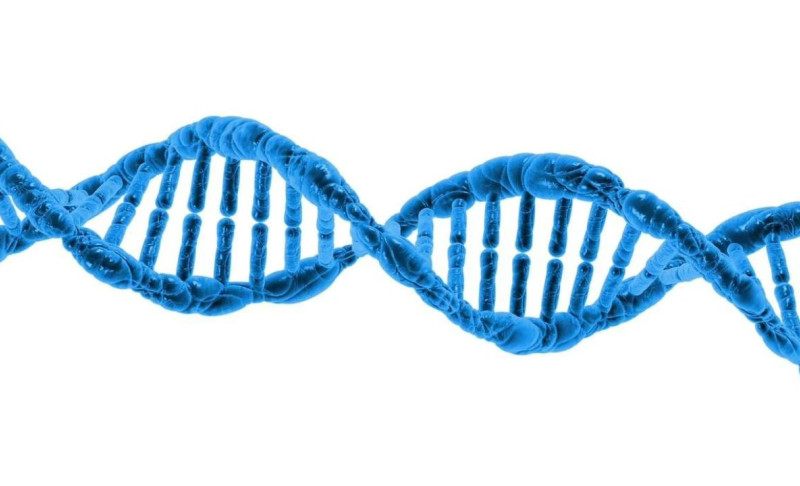
Foundations of Planetary Health
A course for academics, professionals, and change-makers, fostering a sense of responsibility and agency to address the pressing challenges posed by the planetary health crisis.

A course for academics, professionals, and change-makers, fostering a sense of responsibility and agency to address the pressing challenges posed by the planetary health crisis.
In the face of accelerating climate crises and environmental degradation, understanding the deep interconnections between human health and planetary well-being is more critical than ever. This course highlights how the Planetary Health crisis extends far beyond climate change alone: it represents a broader environmental and systems-level challenge that intensifies ongoing public health issues and is driven by social inequities, unequal access to resources, and disparities in political power. In this course, participants will build a foundational understanding of the key concepts, frameworks, and justice-oriented perspectives that shape the field of planetary health.
This course is open to all with an interest in planetary health and climate justice:
Professionals: health professionals, policymakers, Professionals working in other sectors whose work intersects with themes related to climate change, justice and planetary health(PhD) researchers, from any discipline but with an affinity with Planetary Health
Master’s level students from a wide range of backgrounds, e.g. medicine, global health, public health, biomedical sciences, environmental health, philosophy, bioethics, applied ethics, sociology, geosciences, etc.
We would like to warmly welcome people from outside the healthcare sector, as we value diverse perspectives from other sectors and fields.
By the end of this course, participants will be able to:
Registration early bird (LMIC) € 475
Registration late bird (LMIC) € 580
Registration early bird (HIC) € 740
Registration late bird (HIC) € 900
The fees include course materials, coffee, tea, fruit, many Dutch cookies and a daily (vegetarian) lunch. The early bird registration fees apply until 1 April 2026.
*LMIC are low- and middle-income countries, as classified by the World Bank. Participants can apply for the LMIC fee based on the location of the institution which they are affiliated to. Please note: scholarship holders (including Erasmus+ KA171 participants) pay full fee.
**HIC are high-income countries, as classified by the World Bank.
For participants working in the private sector, late bird HIC-fee applies
The housing costs do not include a Utrecht Summer School sleeping bag. This is a separate product on the invoice. If you wish to bring your own bedding, please deselect or remove the sleeping bag from your order.
For this course you are required to upload the following documents when applying: